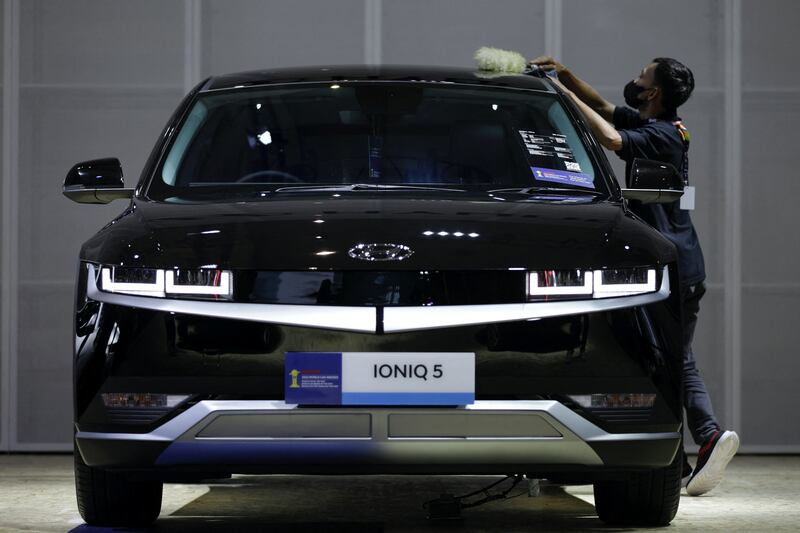Indonesia will offer subsidies to consumers and manufacturers of electric vehicles this year as part of its efforts to reduce carbon emissions and boost its domestic battery industry, a senior minister said on Monday.
The subsidies will cover 200,000 electric motorcycles and 35,900 electric cars this year, Luhut Binsar Pandjaitan, the coordinating minister for Maritime Affairs and Investment, told a press conference in Jakarta.
A 7 million rupiah (U.S. $450) cash subsidy will be given to each person who buys a new electric motorcycle made in Indonesia from March 20, Luhut said. The amount of subsidy for electric car purchases will vary depending on the type and model of the vehicle.
He said the subsidies were aimed at making electric vehicles more affordable and attractive for the public and investors.
Indonesia, Southeast Asia’s largest economy, aims to cut greenhouse gas emissions by 29 percent by 2030 and has pledged to achieve net-zero emissions by 2070.
The country is also rich in nickel and cobalt, key minerals for battery production, and wants to develop its own battery industry to supply electric vehicles and export markets.
Luhut said the development of battery-based electric vehicles would help Indonesia improve its energy security and air quality, as well as create jobs, new technologies and state revenue.
“Currently other countries, our neighbors, are encouraging electric vehicle adoption with various incentives. We use the term government assistance. They use massive state funds to make it attractive to invest in the electric vehicle industry,” he told reporters.

Indonesia has been trying to attract global automakers to invest in EV production in the country, which has abundant reserves of nickel, a key ingredient for lithium-ion batteries.
South Korea's Hyundai Motor Co. and China's Wuling Motors last year launched electric cars manufactured at their plants near Jakarta. The Toyota Motor Corp. and Tesla Inc. have expressed interest in exploring EV opportunities in Indonesia.
The government had earlier introduced incentives including tax breaks for EV buyers.
Indonesia, home to about 270 million people, is also one of the world’s largest consumers of fuel oil.
The government expects that by 2030, EVs will account for at least 20% of total vehicle sales in Indonesia.
Indonesia is also trying to attract foreign investment and develop its own supply chain of nickel-based batteries.
The country has signed deals with China’s CATL and Hyundai Motors to build battery plants in Indonesia.
